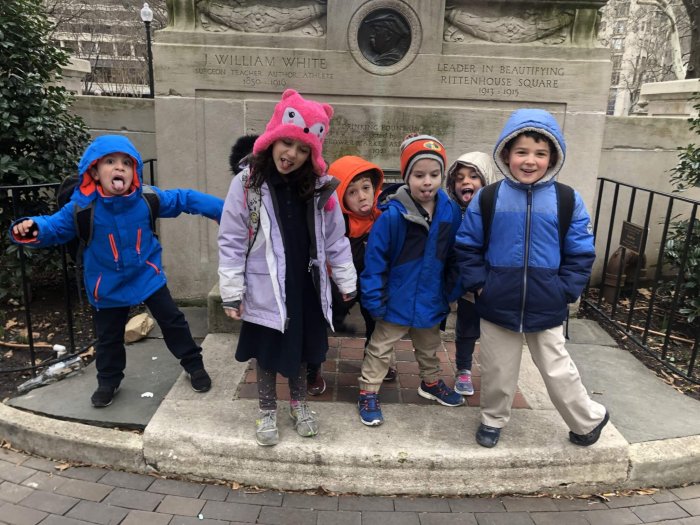
What communities are Rut and Naomi a part of? What are their relationships like with those communities? This week we’re continuing to use their story to unpack our relationships with our communities. Want some ideas of questions to chat about with your kiddos? Read on to discover!
At the beginning of the story, Naomi, Elimelech, and their two sons go to Moab to survive famine and are gerim (strangers/others) in a strange land. Elimelech dies. Naomi’s sons marry Rut and Orpah, two women from Moav. Both of Naomi’s sons die. Naomi finds out that there is food again in Betlechem and decides to go home. She encourages Rut and Orpah to go back to their families, but Rut insists on staying with her. When Rut and Naomi arrive in Beitlechem, the whole city buzzes with excitement over them. The women said, “Can this be Naomi?” But she said, “Don’t call me Naomi. Call me Mara because Shaddai has made my story in life very bitter. I went away full, but God brought me back empty. How can you call me Naomi when Shaddai has brought hard things on me?”
- What do you think it felt like for Naomi and her family to be gerim in Moav?
- Have you ever felt like a ger?
- Who are the gerim in our communities today?
- What kinds of support can we give them?
Shaddai is one of many names for God. This one encompasses the aspects of God as a nurturer and protector. In using it, Naomi is pointing out how she expected God to take care of her and her family and how God failed to do that. We’ll be asking our learners to reflect on:
- Who protects and takes care of you in your family?
- Who protects and takes care of you at school?
- Who protects and takes care of you at Makom Community?
- How can you protect and take care of other people at home? At school? At Makom?
The people in Beitlechem are very excited that Naomi has come home. We’ll unpack the kinds of relationships Naomi had in her community to get such an excited welcome home. Then we’ll zoom out from the story to think about the relationships we have with the people in our communities.
- What communities are you a part of?
- How do you change your communities?
- How do your communities change you?
When Naomi decides to go back to Beitlechem, she tells Rut and Orpah to go home. But Rut says, “Don’t tell me to leave you, to turn back and not follow you. Wherever you go, I will go; wherever you live, I will live; your people will be my people, and your God my God. Where you die, I will die, and there I will be buried.” In that moment Rut rejects her old communities and chooses a new one. She becomes, perhaps, the first convert to Judaism.
- Why might someone want to leave a community they are part of?
- Why might someone want to join a new community they weren’t a part of before?
- What can we do to welcome new people into our communities?
Looking forward to exploring all these ideas with your kiddos this week!
